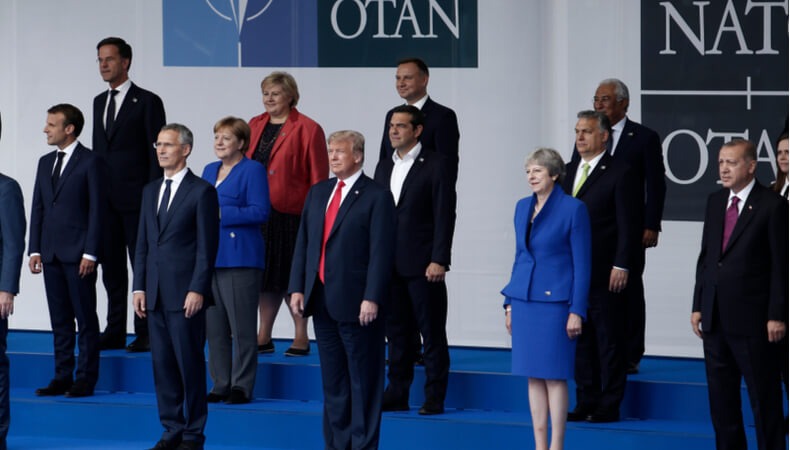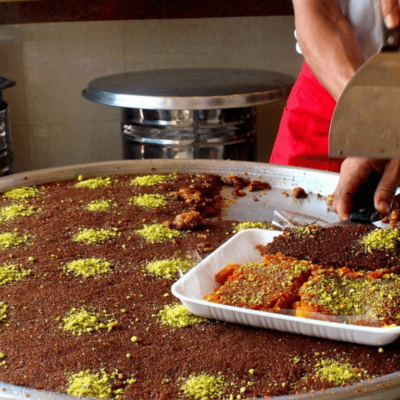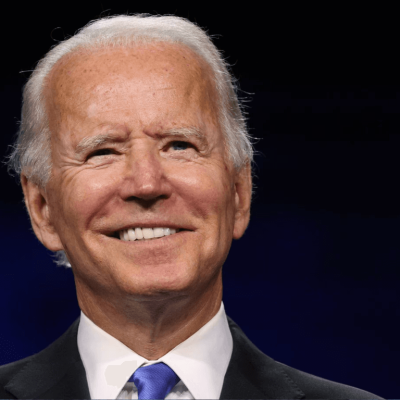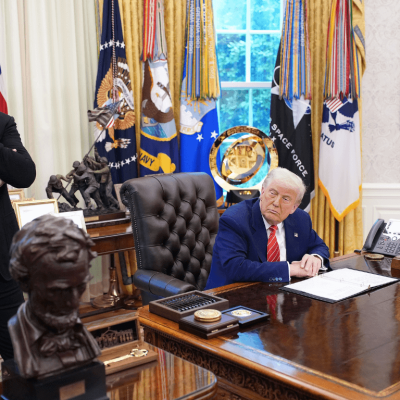Less intervention, more impact: US reworks its foreign policy towards Middle East

Over the past years it can be observed that the US administration has been deliberately trying to reduce its footprint in Middle East region. Washington, under the leadership of Donald Trump, seemed to be stepping away from its pro-active global cop role to a minimalistic interventionist in order to achieve more with less. Many believe that 2011 Arab Spring, which US supported with an intent of bringing democracy in the region, was an eye opener for the western world.
The revolution fired back creating more chaos and unrest than before. What started as peaceful uprisings, spiralled into wild fire bringing down regimes in Libya, Syria, Iraq and Yemen. The worst part of this nightmare was that it created more opportunities for military interventions from Iran, Russia and Turkey, and provided a congenial atmosphere for the resurgence of ISIS.
US learnt its lesson after getting its hands burnt and losing millions of dollars and its soldiers in the attempt to regain stability and peace in the region. Hence, it appeared to be a saner choice to opt for a quieter road. But taking quieter road doesn’t mean disappearance from the scene. Rather US needs to work harder on its foreign policy and political strategy to devise a plan which revolves around de-escalation and dialogue. In order do more with less, US might need more allies and influential allies on its side like European powers including Germany, France, UK, in order to pursue peace and stability in the region.
Bettering ties with European powers would be the best means for US, keeping in mind a more stable Middle East as the end. Being the immediate neighbour, Europe understands the need for peace in the region and has equally suffered from the absence of decisive security arrangement in its southern neighborhood. Europe has been a victim to series of terrorist attacks and constant eruption of refugee crisis on its shores, and to beat the same EU had to undertake military contributions to combat ISIS in Syria, Iraq and Libya; maritime operations in Libya to check the arms embargo and in the Strait of Hormuz to protect trade routes; extend financial support to Tunisia; the provide humanitarian aid in Syria, Iraq and Yemen; and multiple diplomatic initiatives on Iran, Syria, Libya and Lebanon. With US on its side, EU might be able to do more with its limited pool of resources and consensus.
But for now everything seems to have been put on hold, till the US decides its next President. Many believe that Europeans might feel a sense of relief if Joe Biden, a Democratic candidate, wins the bid. Biden has expressed his openness towards revival of nuclear negotiations with Iran, which could definitely led to de-escalation of conflict between Islamic Republic’s and the western world. But Biden’s presidency might not please many Arab and African leaders including Saudi Arabia, Egypt , Sudan who have developed a level of comfort with Trump. On the other hand, Trump regaining power for next four years would mean being prepared for some risky decisions and bumpy ride ahead but prioritizes would remain the same, Iran’s nuclear nonproliferation, and peace deal of more Arab nations with Israel. However, it also time for the western powers to think beyond security decisions in Middle East.
With pandemic onslaught of coronavirus, the region has been trying to combat the twin tragedy of economic collapse and breaking health system. US and Europe, probably by gathering a greater insight into the ongoing condition, could offer a solution to the region’s economic grievances and present a package of assistance and contributions. With the leading global monetary institutions on their side including International Monetary Fund or the World Bank, it would not be a very difficult plan to lay our and execute for the western powers. Economic reforms, rule of law and human rights could guarantee some substantial amount of peace in the region.




